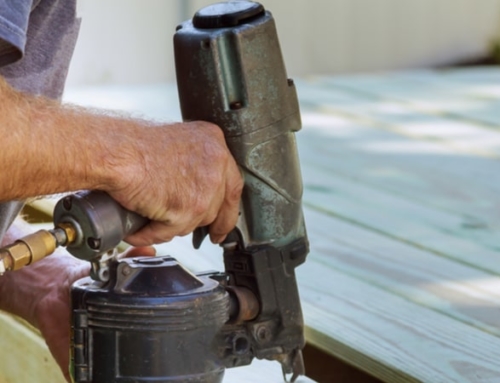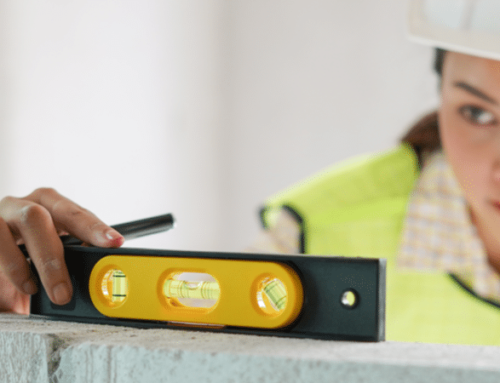Q: In your book, “100 Questions Every First-Time Home Buyer Should Ask,” you mentioned that every home buyer should have an inspector examine the property, even on new construction.
We are going to sign the contract to build a house in a new subdivision. In this case, can we still include home inspection contingency? Once we sign the contract, doesn’t that mean we are already committed to buying the property even though home inspection is not satisfactory? Would the builder include home inspection contingency in the contract? Can we back out of the contract even after the home is built if the house has a serious problem?
A: When it comes to new homes, you should include a home inspection contingency as part of the contract. While you may not be able to walk from the deal, unless you include that clause in your home inspection contingency, you may be able to delay the closing (and withhold cash) while the developer resolves the issue.
Here’s a real-life example: A reader once wrote in that she closed on her new home and then realized that all the hot and cold water knobs were switched. The plumbing had been brought up into the house so that the hot water was on the right side and the cold water was on the left side. As you can imagine, this was not an insignificant issue.
If she had had an inspection before she closed on the property, she would have been able to either require the developer to fix the problem, or she could have had him pay for knobs that said “hot” and “cold,” so at least folks would have had some warning.
At the very least, if the builder has done something that is terrible, you would know before closing on the home that this issue would be looming and could deal with it then — even if the builder does not allow you to cancel the contract.
When you’re buying new construction, you might think about asking for four inspections: After the foundation has been poured, after the studs have gone in, after the house has been plumbed and wired (before the walls have been closed up, and then the final walk-through.
Will this cost you a couple of thousand dollars? Probably. But if the home inspector can catch a problem with the foundation just after the foundation is being poured, it’s a lot more likely that the issue can be resolved to your satisfaction. It’s a lot harder to fix a foundation after the house is built.
Please talk to a real estate attorney about how best to negotiate the inclusion of four inspections and an inspection contingency into your new construction contract. Be sure to ask the attorney how he or she can protect you from closing on a property that has not been constructed in accordance with the plans and specifications approved by the local municipality for the home.






Leave A Comment